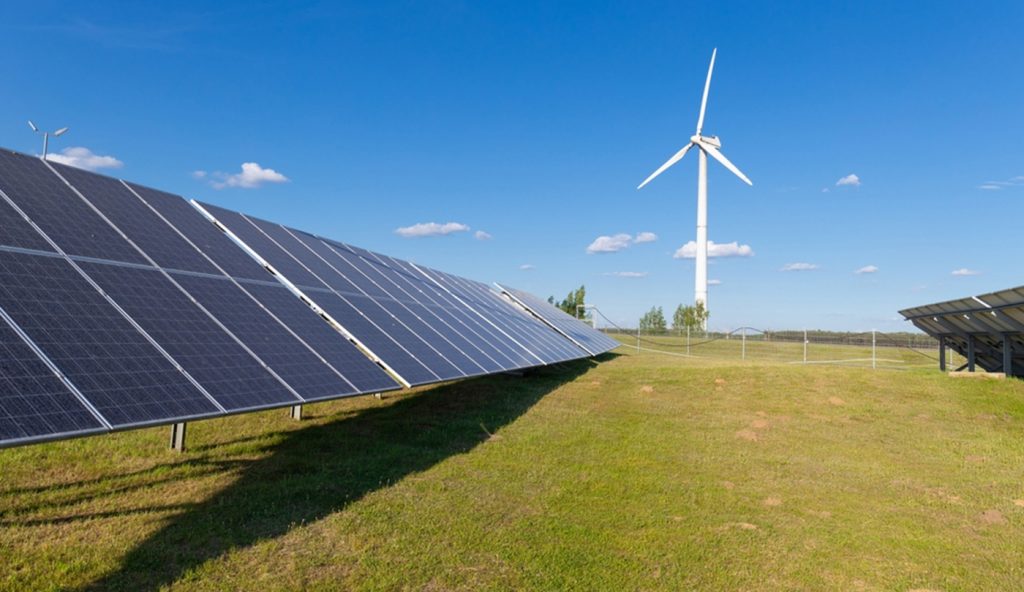We have heard of renewable energy and its different kinds, such as solar and wind energy. It’s exciting to note that renewable energy is the fastest-growing energy source in the world, a promising sign for a sustainable future. Let us learn more about the importance and benefits of renewable energy and its positive impacts on the climate and the environment.
What is Renewable Energy?
Renewable energy is derived from natural sources like the sun, tides, and wind. These sources can replenish themselves and produce energy to generate electricity, water heating, transportation, industrial processes, etc. All this is done to work against climate change and sustain life on Earth.
Types of Renewable Energy
Renewable energy is a diverse field encompassing wind, solar, hydraulic, hydroelectric, biomass, bio gas, geothermal, tidal, wave, bio-ethanol, and biodiesel. These sources are replenishable and cause less harm to the environment than charcoal, fuels, and greenhouse gases, which do not replenish as quickly as humans use them, causing lasting damage to the environment and deteriorating the health of all living beings.
Importance of Renewable Energy in Powering a Safer Future
As the world faces the challenges of climate change and global warming, we can see the increasing demand for renewable energy with the hope for a greener ecosystem and a sustainable planet for future generations. The key benefits of renewable energy and its importance include:
Renewable Energy is Available in Abundance
Renewable energy sources, including the sun, wind, tides, and more, are available everywhere. These renewable energy sources can be replenished by nature and produce energy for the world. Solar and wind energy currently contribute to the world’s total electricity production. They are more clean and safe than fossil fuels. Biomass is another renewable source that comes from plants and animal waste. We can use these sources to power our homes and towns while keeping our planet safe!
Renewable Energy is Affordable
Renewable energy is becoming more popular. With the advancement in technology and the demand for renewable sources, the costs of renewable energy are decreasing. Wind, solar, and hydro-energy sources have significantly lower operating costs as they do not require fuel. Fuel costs, such as charcoal and oil, can be expensive regarding extraction, storage, and transportation. Apart from its economic costs, it is also important to highlight the environmental costs, such as air pollution, water contamination, and health risks that non-renewable sources offer, which should not be taken for granted.
Renewable Energy Protects Your Health
The health benefits of renewable energy are evident. Fossil fuels, such as charcoal and car emissions, contribute to bad air quality, leading to respiratory problems like asthma and cardiovascular diseases. According to the WHO ( World Health Organization), more people die from environmental causes, such as air pollution, each year. Switching to cleaner energy sources like wind and solar energy that do not contaminate air or water, which are necessities for all life on Earth, can help address climate change and improve health.
Renewable Energy Boosts Job Opportunities
With the demand for renewable energy, the economic sector related to its production and maintenance is also gradually increasing. Many people must keep renewable energy systems running when installed, whether in the technological or production sectors. For example, expanding the solar power industry in a particular region will require a large workforce. It also means more job opportunities, thus boosting the country’s employment rate and improving economic growth.
Renewable Energy Helps Address Climate Change
Renewable energy is important for addressing climate change. As global warming increases and climate change becomes more prominent, the use of renewable energy becomes more demanding, especially in today’s world with the advance of heavy industries and carbon emissions. By reducing the use of fossil fuels and relying more on the efficiency of renewable sources, one can truly bring about changes in the climate, ensuring a cleaner and sustainable environment.
Conclusion
As climate change continues to rise at an alarming rate, we should contribute in any way possible to making our planet a better place to live in. The first step can be educating ourselves about the renewable sources of energy available to us in abundance by nature and how we can use these resources to make the environment cleaner and ultimately reduce global warming. The extensive use of fossil fuels only increases environmental damage: air pollution, water contamination, rising sea levels, extreme weather conditions, and melting glaciers. So, switching to renewable sources can be the solution to a healthier planet!


